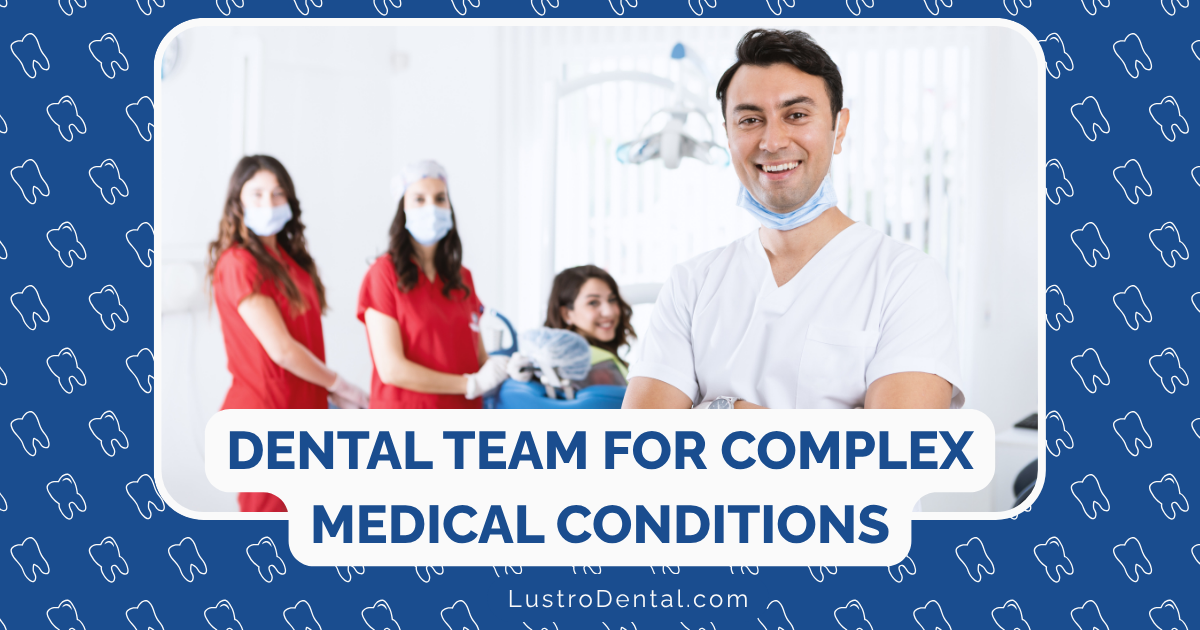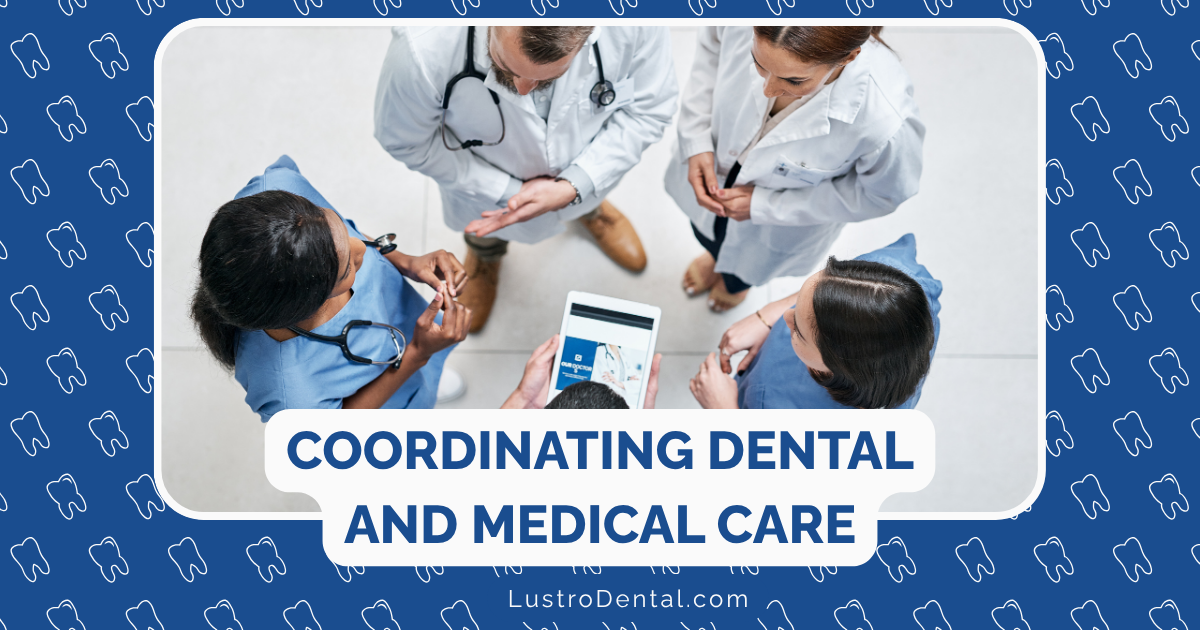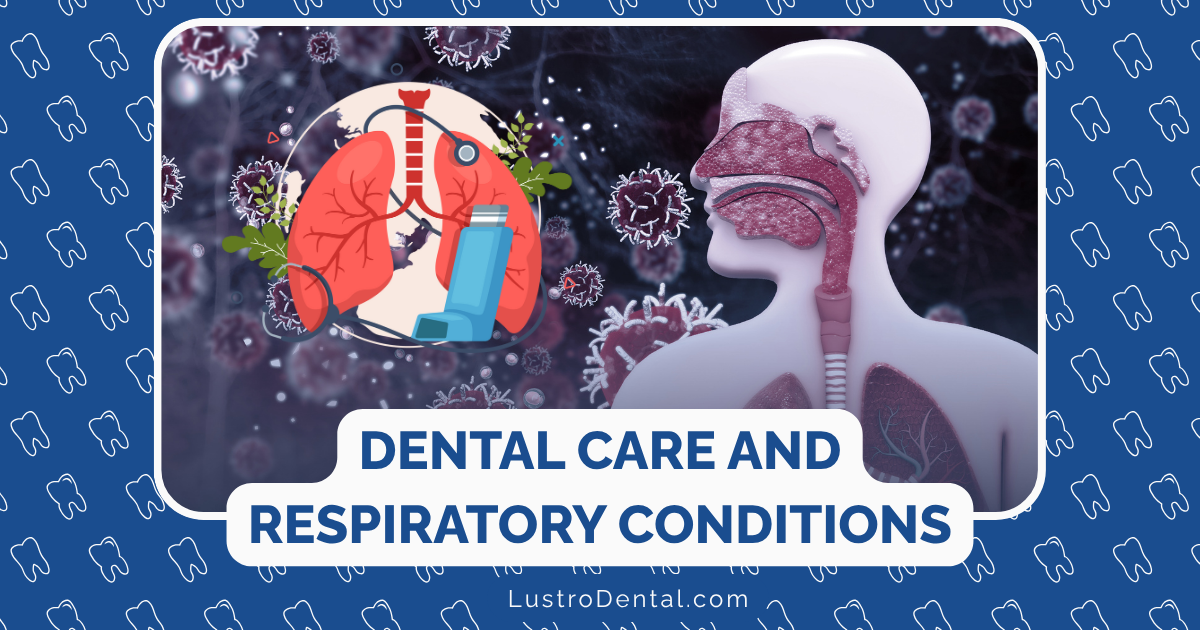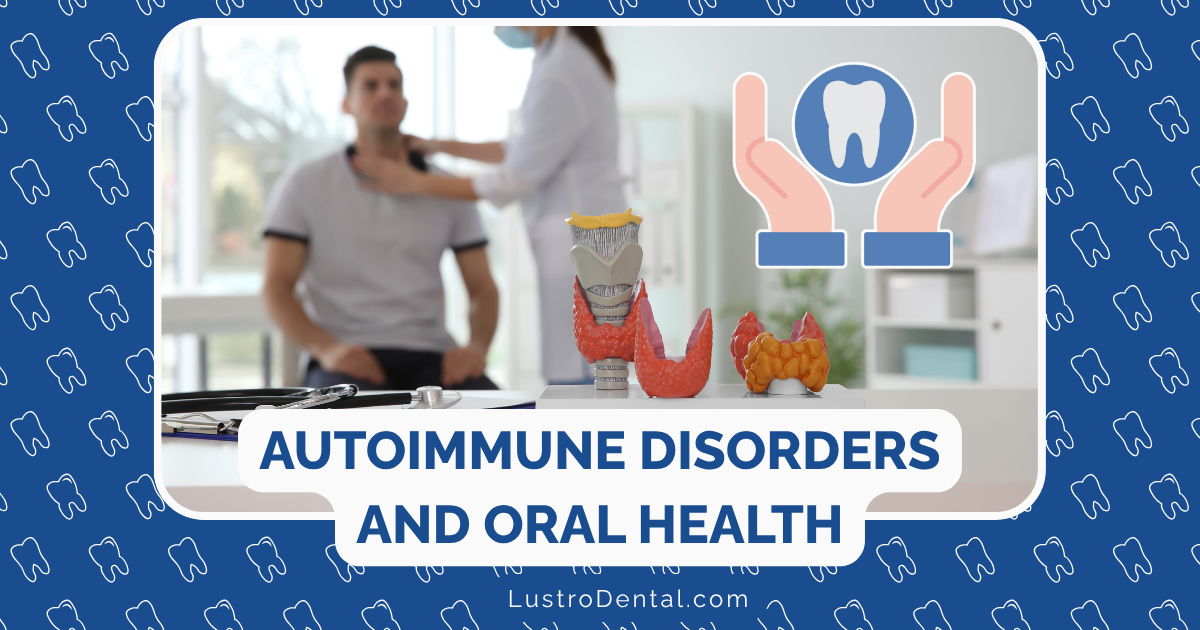Finding the Right Dental Team for Complex Medical Conditions

Living with a complex medical condition presents many challenges, and dental care often becomes one of the most difficult aspects to navigate. As someone who has guided hundreds of patients with chronic health issues through their dental journeys, I’ve seen how the right dental team can make all the difference—not just in oral health outcomes, but in the overall quality of life and peace of mind.
For those with conditions like uncontrolled diabetes, autoimmune disorders, cardiovascular disease, or neurological conditions, standard dental care often falls short. These conditions require specialized knowledge, additional precautions, and sometimes completely different approaches to treatment. Finding a dental team that understands these nuances isn’t just a preference—it’s a necessity.
In this guide, I’ll walk you through the process of finding, evaluating, and partnering with a dental team that can meet your unique medical needs with confidence and compassion.
Why Standard Dental Care May Not Be Enough
Before diving into how to find the right dental team, it’s important to understand why specialized care matters for those with complex medical conditions:
Medical and Dental Interconnections
Your mouth isn’t isolated from the rest of your body. Research continues to strengthen our understanding of the oral-systemic connection—the relationship between oral health and overall health. For example:
- Diabetes can worsen periodontal disease, while periodontal disease can make blood sugar control more difficult
- Cardiovascular conditions may require medication adjustments before dental procedures
- Autoimmune disorders often have oral manifestations that require specialized management
- Neurological conditions may affect a patient’s ability to maintain oral hygiene or sit through standard appointments
According to a recent study from the University of Colorado School of Dental Medicine, nearly half of adults in the United States have some form of gum disease, and this condition can significantly increase the risk of serious health events like stroke and heart attack. For those already managing complex medical conditions, this interconnection becomes even more critical.
Treatment Modifications
Standard dental protocols often need significant modification for medically complex patients:
- Different anesthesia approaches may be required
- Treatment timing might need coordination with medication schedules
- Procedures may need to be broken into shorter appointments
- Additional preventive measures might be necessary to prevent complications
- Specialized equipment or monitoring may be required during treatment
Risk Management
Certain dental procedures carry different risk profiles for those with complex medical conditions. A dental team experienced in treating medically complex patients will:
- Understand how to assess and mitigate these risks
- Know when to consult with your medical providers
- Recognize when alternative treatment approaches are warranted
- Have protocols in place for managing emergencies specific to your condition
Types of Dental Specialists for Complex Medical Conditions
Depending on your specific health challenges, different types of dental specialists may be best equipped to manage your care:
Oral Medicine Specialists
Oral medicine is now recognized as the 11th dental specialty by the American Dental Association. These specialists focus specifically on the oral health care of medically complex patients.
When to consider: If you have an autoimmune disorder, complex medication regimens, oral manifestations of systemic disease, or need coordination between multiple healthcare providers.
According to the American Academy of Oral Medicine, these specialists “provide dental treatment or advise dentists about the treatment of patients with complex medical conditions.” They often serve as the bridge between dental and medical care.
Hospital Dentists
Some dentists have privileges at hospitals and specialize in treating patients whose conditions require a hospital setting.
When to consider: If you have a condition that requires monitoring during dental procedures, are at high risk for complications, or need general anesthesia for dental treatment.
Dental Anesthesiologists
These specialists focus on pain and anxiety management for dental procedures, with particular expertise in managing patients with medical complexities.
When to consider: If you have respiratory conditions, cardiac issues, or other conditions that make standard dental anesthesia risky.
According to AMN Healthcare, the rise in medically complex patients has escalated the need for sedation dentistry, making dental anesthesiology one of the fastest-growing dental specialties.
Periodontists
These specialists focus on gum health and can be crucial for patients with conditions that affect the periodontium.
When to consider: If you have diabetes, heart disease, or are taking medications that affect gum health (like certain blood pressure medications or immunosuppressants).
Special Needs Dentistry
Some dentists specialize in treating patients with physical, developmental, cognitive, or acquired disabilities that make standard dental care challenging.
When to consider: If you have mobility issues, neurological conditions, or developmental disorders that affect your ability to receive standard dental care.
How to Find a Dental Team for Your Complex Medical Condition
Finding the right dental team requires research, networking, and careful evaluation. Here’s a step-by-step approach:
1. Start with Specialist Referrals
The most direct path to appropriate dental care often begins with your current healthcare providers:
- Ask your physician for recommendations: Doctors who manage your medical condition may know dentists experienced with similar patients
- Consult with specialists: Your cardiologist, endocrinologist, rheumatologist, or other specialists may have dental referral networks
- Contact patient advocacy organizations: Organizations focused on specific conditions often maintain lists of dental providers experienced with those conditions
2. Explore Professional Organizations
Several dental organizations can help connect you with appropriately trained dentists:
- American Academy of Oral Medicine: Their website offers a “Find a Doctor” feature to locate oral medicine specialists
- Special Care Dentistry Association: Focused on dentists who treat patients with special needs
- Academy of General Dentistry: Can help identify general dentists with advanced training
- Hospital dental departments: Major medical centers often have dental departments specializing in complex cases
3. Utilize Academic Dental Centers
Dental schools and their affiliated clinics often provide care for patients with complex medical needs:
- Faculty members typically have extensive experience with medically complex cases
- These centers usually have relationships with medical departments for coordinated care
- They stay current with the latest research and techniques
- Many offer reduced fees compared to private practice
The CU School of Dental Medicine and similar institutions offer comprehensive care options that may be particularly valuable for patients with complex medical conditions.
4. Evaluate Potential Providers
Once you’ve identified potential dental providers, conduct a thorough evaluation:
Initial Research
- Review their website for mentions of experience with your specific condition
- Check for advanced certifications or training in managing medically complex patients
- Look for patient testimonials from others with similar medical concerns
- Verify their hospital affiliations if your condition might require hospital-based care
Consultation Questions
Schedule a consultation (many offer these at no charge) and ask:
- “What experience do you have treating patients with [your specific condition]?”
- “How do you modify treatment plans for patients with my condition?”
- “Do you collaborate with medical providers, and how does that process work?”
- “What emergency protocols do you have in place specific to my condition?”
- “How do you stay current with the latest research on dental care for patients with my condition?”
Practical Considerations
Also assess:
- Office accessibility for any physical limitations you may have
- Appointment scheduling flexibility to accommodate your medical needs
- Communication systems for coordinating with your medical providers
- Insurance and payment options for potentially more complex care
Red Flags to Watch For
Be cautious of dental providers who:
- Dismiss your medical concerns or seem unfamiliar with your condition
- Are unwilling to consult with your medical providers
- Propose aggressive treatment without discussing medical implications
- Can’t explain how they would modify standard procedures for your condition
- Lack emergency protocols specific to your medical needs
- Seem uncomfortable discussing medication interactions or treatment modifications
Building a Collaborative Relationship with Your Dental Team
Once you’ve found a promising dental team, focus on building a productive partnership:
1. Provide Comprehensive Information
Help your dental team help you by:
- Bringing a complete, updated list of medications and dosages
- Sharing recent lab results and medical reports
- Providing contact information for all your medical providers
- Being honest about your concerns and limitations
2. Establish Communication Protocols
Work with your dental team to determine:
- How they’ll coordinate with your medical providers
- When and how they should contact you about concerns
- What symptoms or changes you should report between appointments
- How emergency situations will be handled
3. Develop a Personalized Care Plan
A truly collaborative approach includes:
- Customized prevention strategies based on your specific risks
- Treatment planning that accounts for your medical condition
- Appointment scheduling that works with your medical needs
- Clear understanding of how your medical and dental care interact
Case Studies: Finding the Right Dental Team
Case Study 1: Managing Dental Care with Severe Cardiovascular Disease
Patient Profile: James, 68, with a history of two heart attacks, on multiple cardiac medications including anticoagulants.
Challenge: Needed extensive dental work but was at high risk for bleeding complications and cardiac events during treatment.
Solution: Through his cardiologist’s recommendation, James found a hospital-based dental program specializing in cardiac patients. The dental team:
- Coordinated directly with his cardiologist on medication management
- Broke treatment into multiple short appointments to reduce stress
- Used specialized monitoring during procedures
- Developed a modified homecare routine accounting for his dexterity issues from a previous stroke
Outcome: James completed his dental treatment without complications and now maintains his oral health with quarterly preventive visits.
Case Study 2: Dental Care for Autoimmune Conditions
Patient Profile: Sophia, 42, with lupus and Sjögren’s syndrome causing severe dry mouth and increased infection risk.
Challenge: Rapidly developing cavities despite good hygiene efforts, and poor healing after standard dental procedures.
Solution: Through the Lupus Foundation, Sophia connected with an oral medicine specialist who:
- Created a comprehensive saliva substitution protocol
- Prescribed a high-fluoride regimen to protect her teeth
- Developed modified surgical protocols to account for her impaired healing
- Coordinated with her rheumatologist on medication timing around dental procedures
Outcome: Sophia’s cavity rate decreased by 80%, and she now successfully manages her oral health despite her challenging conditions.
Special Considerations for Specific Conditions
Diabetes
Patients with diabetes should look for dental providers who:
- Understand the bidirectional relationship between diabetes and periodontal disease
- Schedule appointments with blood sugar levels in mind
- Have protocols for monitoring glucose during longer procedures
- Emphasize preventive care to reduce infection risk
Cardiovascular Conditions
Those with heart conditions benefit from dental teams who:
- Have clear protocols for antibiotic prophylaxis when appropriate
- Understand anticoagulant management for dental procedures
- Monitor vital signs throughout treatment
- Can recognize and manage cardiac emergencies
Immunocompromised Patients
If you’re immunocompromised due to medication or condition, seek dentists who:
- Maintain rigorous infection control beyond standard precautions
- Understand prophylactic medication protocols
- Recognize oral manifestations of immune dysfunction
- Schedule you at times to minimize exposure to other patients
Neurological Conditions
Patients with conditions like Parkinson’s, MS, or stroke history need dental teams who:
- Offer modified seating and stabilization during treatment
- Schedule shorter appointments with breaks as needed
- Provide adaptive tools for home oral hygiene
- Are trained in managing involuntary movements during procedures
The Future of Dental Care for Complex Medical Conditions
The field of dentistry for medically complex patients continues to evolve. Looking ahead to 2025 and beyond, we can expect:
- Greater integration between medical and dental records systems
- Teledentistry options for consultation and monitoring between visits
- Advanced diagnostic tools that better identify oral manifestations of systemic disease
- Specialized training programs producing more dentists equipped to treat complex patients
The 2025 Music City Dental Conference will feature courses on managing medically complex dental patients, highlighting the dental profession’s growing focus on this important area.
Conclusion: Your Advocate in Dental Care
Finding the right dental team for a complex medical condition requires effort, but the benefits are immeasurable. The right dental team doesn’t just treat your teeth—they become an integral part of your overall healthcare team, helping to protect both your oral health and your general wellbeing.
Remember that you are your own best advocate. Don’t settle for dental care that doesn’t fully address your medical complexities. With research, networking, and careful evaluation, you can find dental professionals who understand your unique needs and are committed to providing safe, effective care tailored to your specific situation.
The connection between oral health and overall health is too important to ignore, especially when managing complex medical conditions. By finding the right dental team, you’re making an investment not just in your smile, but in your quality of life and long-term health.
Have you faced challenges finding dental care for a complex medical condition? What strategies worked for you? Share your experiences in the comments below to help others on similar journeys.







